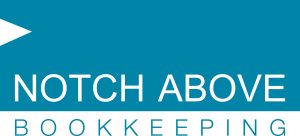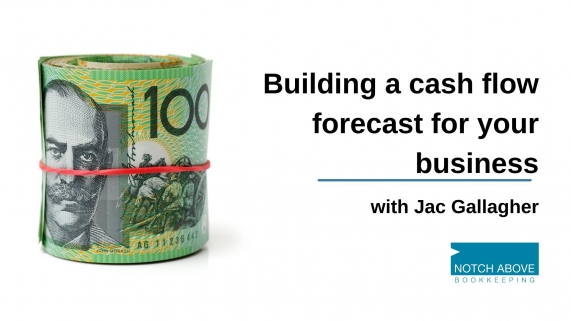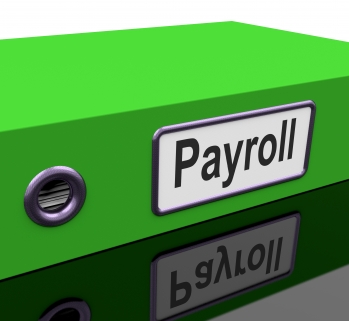Manage your business cash flow
Cash flow is the amount of money that goes in and out of your business; that is, income and expenses.
Having enough cash at the right time will make it easier for your business to pay bills and other expenses and meet your tax, superannuation and employer obligations.
Paying regular attention to your record-keeping and reporting tasks will help you better manage your cash flow. Managing your cash flow allows you to plan for the future, for example, prepare for large expenses or expand your business.
Prepare a cash flow budget or projection
The best way to make sure you have enough cash available to meet your tax and other obligations is to do a cash flow budget or projection. This information will help you to:
- see your likely cash position at any time
- identify any fluctuations that may lead to potential cash shortages
- plan for your tax payments
- plan for any major expenses
- provide lenders with additional information.
Accounting for income and expenses can help keep your business running smoothly – by giving you an overview of when you can expect money to come in and when it may go out and highlighting where you may need to direct your money.
There are three main things to consider when creating your cash flow budget:
1. Timing
- A cash flow budget isn’t ‘set and forget’. You can choose to work out your budget on a monthly, quarterly or yearly basis, depending on what you need or works for you.
- As your business grows or your situation changes, keep monitoring your budget to see how you’re tracking and update it if needed.
- Watch out for things such as significant differences between your budgeted amounts and your actual results.
2. Costs
- Try to include all of your fixed costs and expected variable costs, for example, rent, insurance, utilities, advertising, internet, wages, equipment and taxes such as pay as you go (PAYG) instalments and goods and services tax.
3. Income
- If you’re just starting out, estimate your expected income and you can continue to update your cash flow budget to help you keep track of income versus expenses.
- Once your business has been running for a while, you’ll be able to get a better idea of the business income you may be able to expect.
- Being more conservative with this amount may help give you some flexibility if unexpected, more costly expenses come up.
Your budget results will help you with your business decisions.
Budget planning
Do you know how to create a budget for your business? A budget is simply an estimate of income and expenditure for a set period of time.
Creating a budget will help you plan the future of your business, most especially your profits.
The professionals at Notch Above Bookkeeping have the skills and expertise to help you set a realistic budget as well as advice on how to stick to it. Call our business bookkeepers Australia-wide on 1300 015 130.

 2020 Notch Above Bookkeeping
2020 Notch Above Bookkeeping


